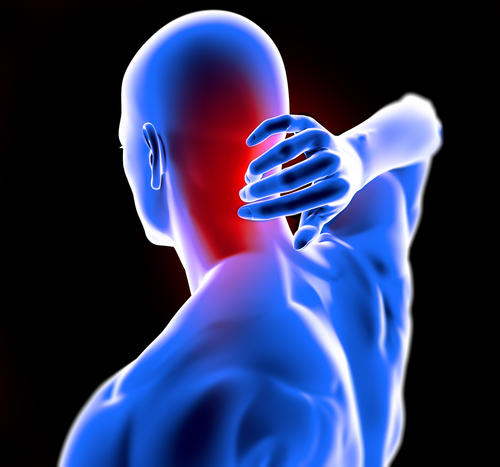Weston, FL – Weston Medical Health Center healthcare professionals treat hundreds of whiplash victims each and every year – and what they’ve learned first and foremost is that your neck is simply not designed to easily handle sudden “snap” movements.
“Our team has seen more than their fair share of whiplash victims, ranging from the fairly minor to the most severe cases,” Dr. Dennis Spoonhour says. “Our necks were just not created to withstand the sudden stop, which “snaps” a victim’s head and neck back violently. Fortunately, depending on the severity, we will have the right approach for your neck to heal properly.”
Though car wrecks are most often associated with whiplash, things like a sandlot football game gone bad, being shoved from behind or a nasty fall can bring on a very sore neck.
What happens to your neck’s soft tissues during whiplash is hard core. The supportive soft tissues in your neck are often over-stretched or even torn and your spinal joints become misaligned. Because of this misalignment, vertebrae cause nerve roots and blood vessels to become irritated, compressed and/or stressed.
“This is going to alter nerve root transmission and blood supply to critical bodily functions,” Dr. Spoonhour said. “Then, the normal curve of the cervical spine is interfered with and joint motion becomes restricted. This is why a person may have trouble even holding his/head head upright.”
What Can Weston Medical Health Center do to help?
- Diagnostics: An x-ray will be the blueprint for your treatment plan. It will shed light on issues such as misalignment as well as possible fractures.
- Support: Back and or neck support may be recommended to restore your body to its former self.
- Medications: Sometimes it is prescribed as part of your treatment plan.
- Integration: All of the above-The treatment may involve pain medications, muscle relaxers and/or physical therapy. Surgery is the last resort.
Whiplash can be very uncomfortable. If you’ve suffered a whiplash injury, please call 954.888.6650.


